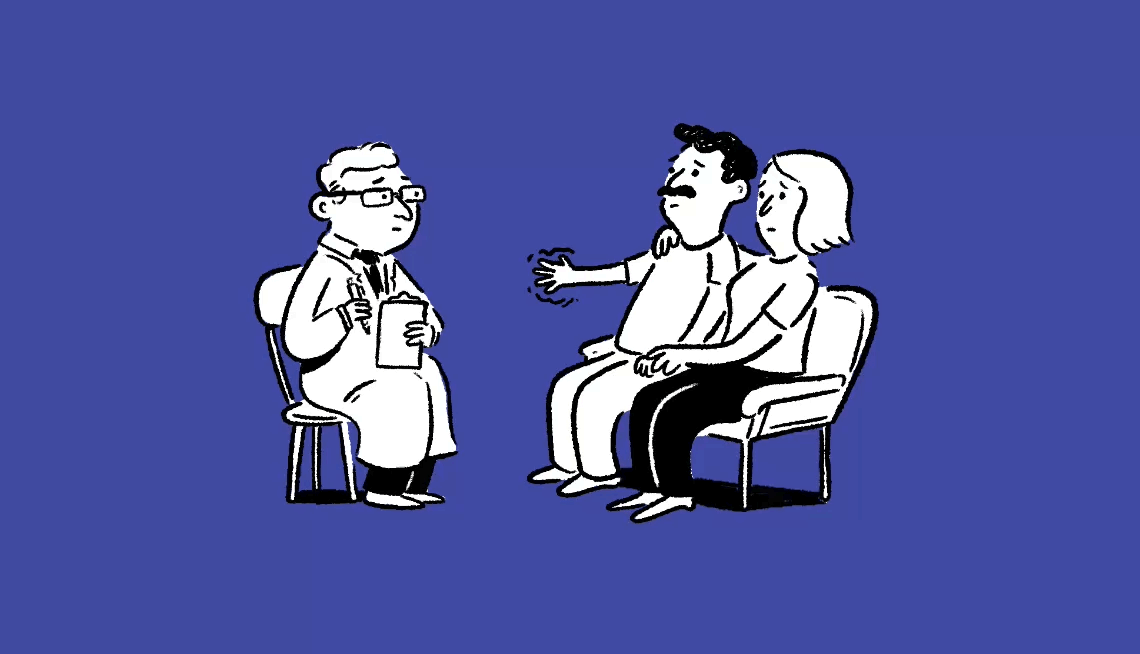AARP Hearing Center


My husband has been diagnosed with early Parkinson’s. What should we do to prepare for our future?
As I’ve seen with my patients, a Parkinson’s diagnosis can land like a thunderclap. The future seems uncertain, and it’s natural to wonder what’s coming next. But there’s a hopeful part: Parkinson’s is usually a slow-moving condition, and people often live many years, sometimes decades, after the diagnosis, enjoying good quality of life along the way.
So, what is Parkinson’s in plain language? It’s a brain condition that mainly affects movement. We often think of tremors, but it can cause stiffness, slowed walking, softer speech, fatigue and sometimes changes in mood or memory. Symptoms don’t look the same for everyone, and there are medications and therapies that can make a difference, especially in the early years. The key is to be both hopeful about treatments and realistic about preparing for the challenges that may come.
Every year, nearly 90,000 people in the United States are diagnosed with the condition. One of the best pieces of advice I would give to each is this: Hope for the best, but prepare for the worst.
That doesn’t mean be pessimistic. It means build a safety net so you’re ready for whatever comes your way. Take your home, for instance. Right now, climbing stairs may not be an issue for your husband. But down the road that could change. Start thinking about how you’d handle it: maybe move the bedroom downstairs, or even consider a single-level home in the future. If you plan now, you won’t feel blindsided later.


Ask Dr. Adam
Adam B. Rosenbluth, M.D., is an internist and cardiologist in New York City. Each Monday, he’ll weigh in on your questions about how to make your body work better for you. His AARP book will be published in 2027. Join in on the conversation on social media @dradamrosenbluth to learn to move the needle on your personal health in an achievable way.
The same goes for driving. Giving up their car is one of the hardest losses of independence for people with Parkinson’s. Don’t make yourself the bad guy. Instead, ask the doctor directly during an appointment, “Is it safe for my husband to keep driving?” This way the recommendation comes from a professional, not from you.
Finances are another important piece of your approach. I know it’s not the most cheerful conversation, but sit down together and get your financial and legal affairs in order, addressing things like power of attorney and health care wishes. If you don’t end up needing those plans, wonderful. But if you do, you’ll be glad you took the time.




































































You Might Also Like
AI Breakthrough Enhances Parkinson’s Treatment
New adaptive DBS technology improves patients’ lives
Doctor, My Partner Is Having Memory Problems
What to do if you think a loved one needs a cognitive testAARP Smart Guide to Keeping Your Memory Sharp
22 science-backed ways to growing a healthier, happier brain, now and in the future